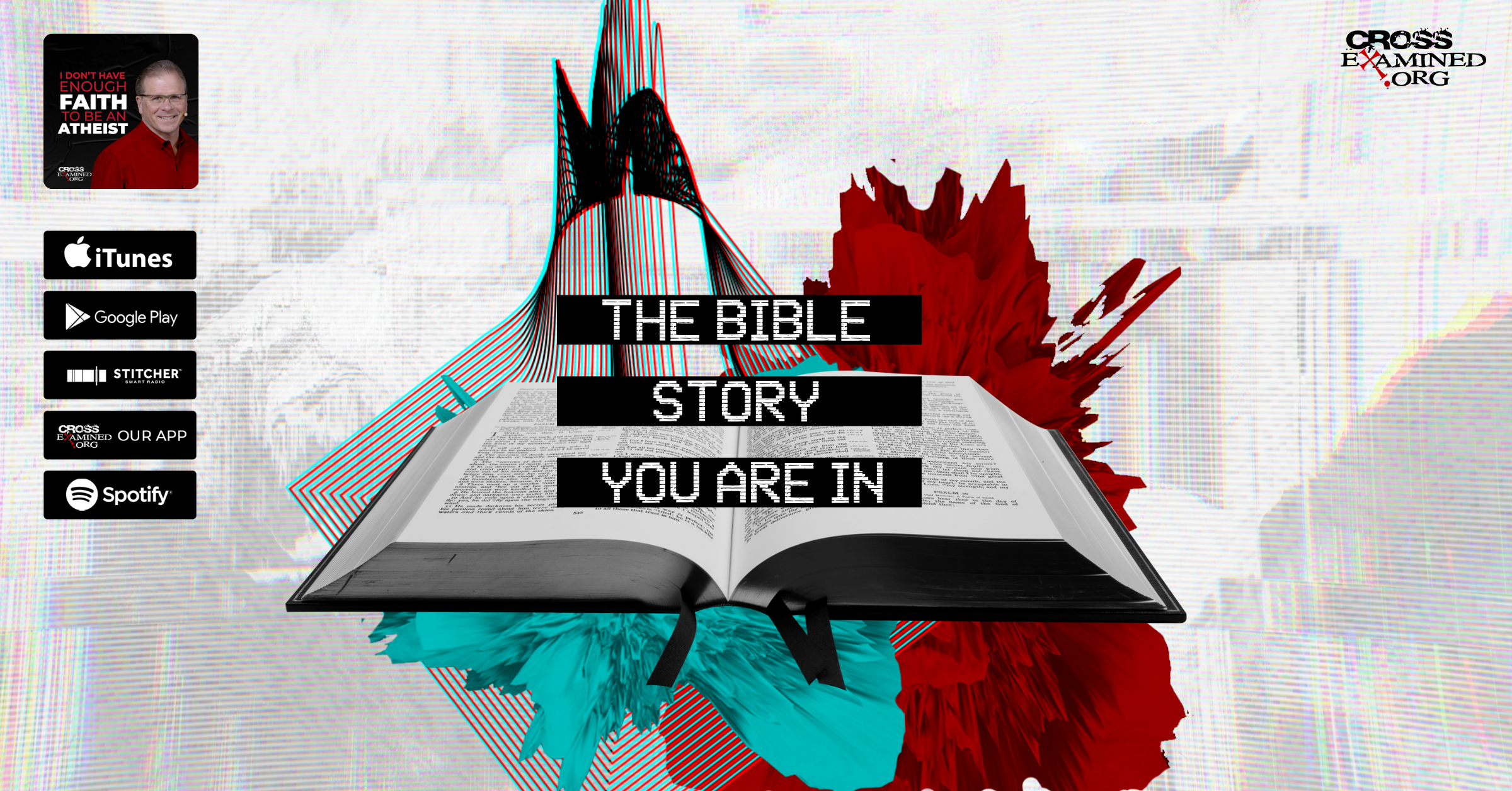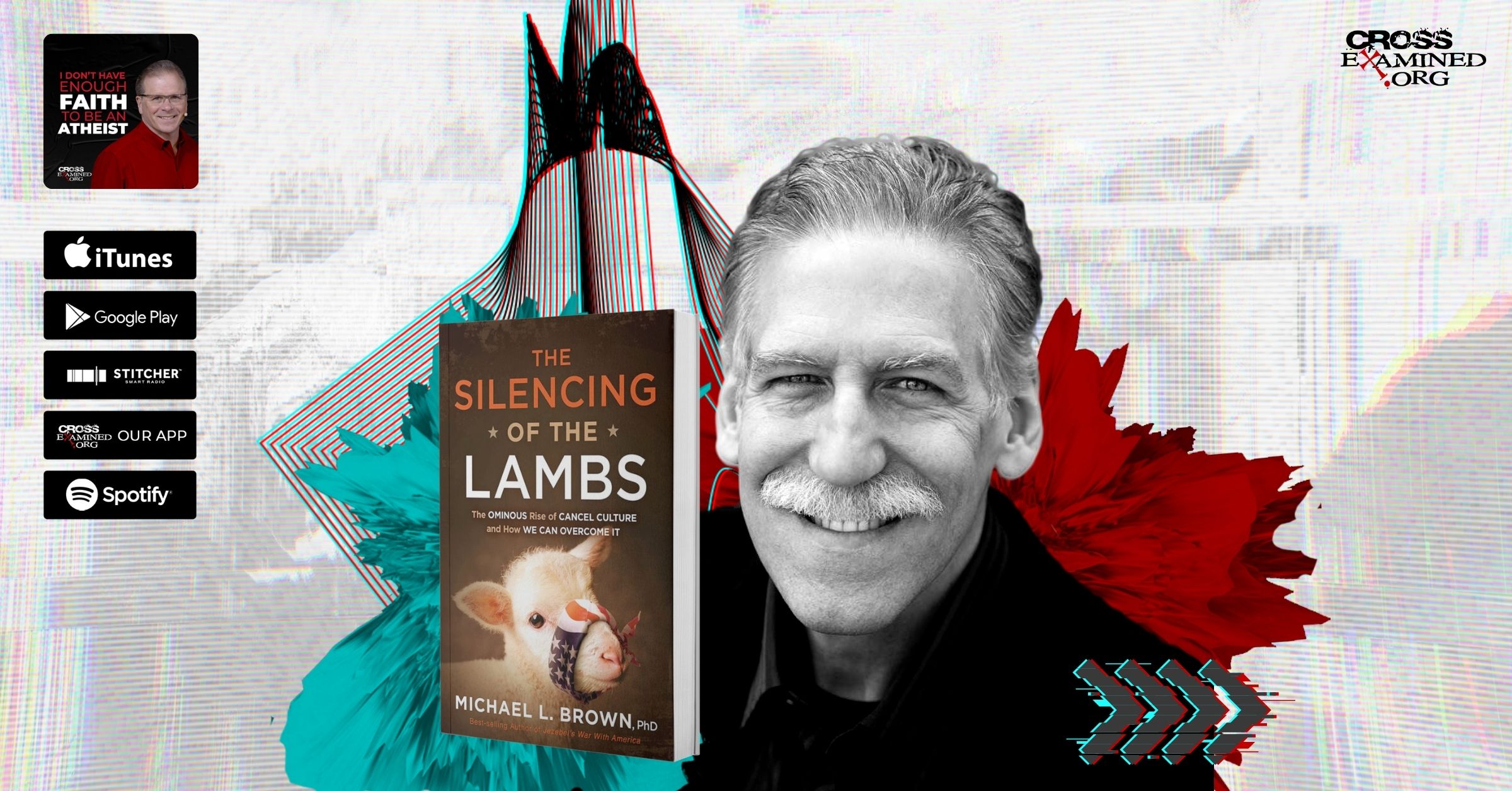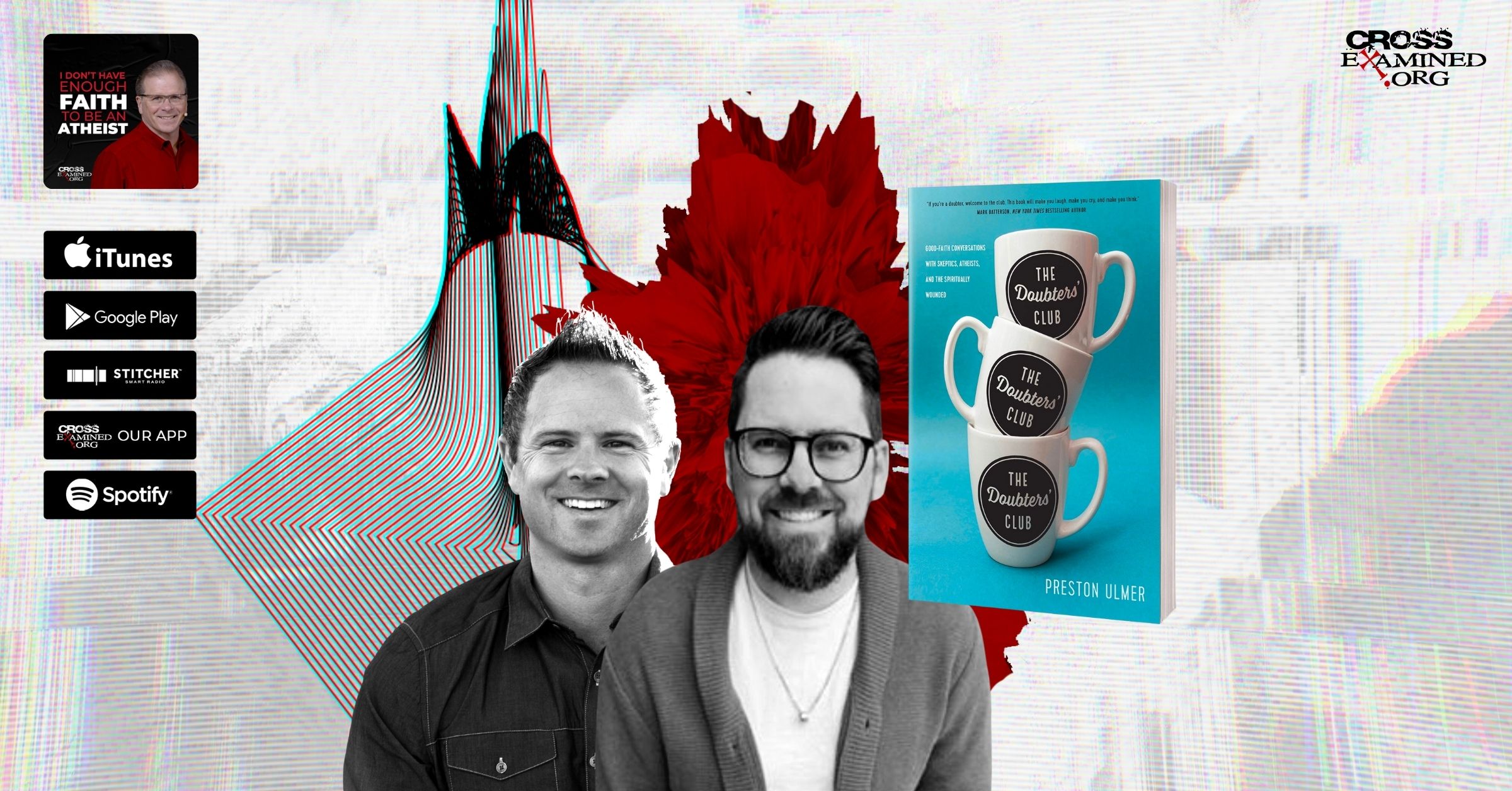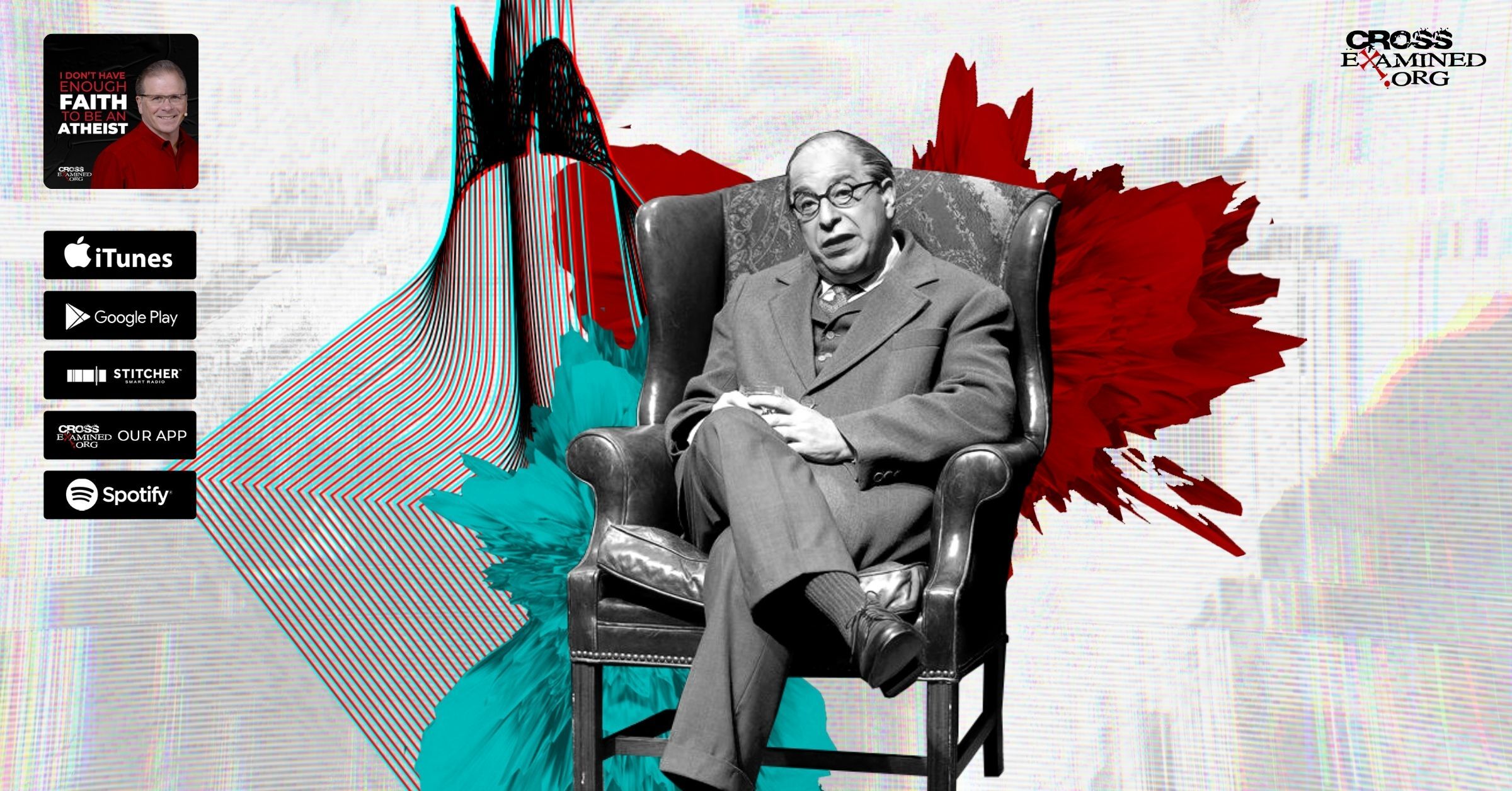By Mike Taylor
Have you ever found yourself looking at someone else’s life on social media and wondering how they’re able to do all that they do? We see people on Instagram taking vacations, buying cars, starting businesses, quitting their jobs, and doing other glamorous things all while simultaneously raising multiple kids and finishing their Master’s degree. Or so it seems, at least.
And as we take in their glorious life, we can’t help but wonder: how on earth do they have the time and money and energy to do these things?
Then we might start to wonder, “Is living a life focused on material wealth and personal success something God wants for us?” Because it feels like the glorification of wealth is everywhere we look nowadays, and Christians are often right at the forefront of the madness.
But is it okay for Christians to pursue these things? Is it okay for Christians to pursue personal success and material wealth in a capitalistic society?
Let’s keep it simple. Let’s go back to the things we need. We all need two things in our life: comfort and significance.
Look at Maslow’s hierarchy of needs:
- Physiological needs (Food, water, shelter, etc.) = Comfort
- Safety needs (Security, employment, resources, health, etc.) = Comfort
- Love and belonging = Significance
- Esteem (Respect, status, recognition, freedom) = Significance
- Self-actualization (being the most you can be) = Significance
In that context, everything we pursue in life comes down to these two very basic categories: comfort and significance.
In fact, we will only give up one of those things inasmuch as we are able to gain from the other. It’s a very interesting dynamic.
For example, a person will only exercise (sacrificing comfort) if they believe that such an activity will give them more physical and mental significance. They’ll push themselves pretty hard in the gym if they believe that hard work and discipline will make them more significant.
The same is true of comfort. We’re typically only willing to give up the chance at being significant if it gains us a significant amount of comfort. Plenty of people spend a disproportionate amount of time outside of work and other obligations sitting on a couch eating junk food. We’re all guilty of this on some level, and the reason we do it is because we are, either consciously or unconsciously, making a decision to accept comfort in the place of significance. It’s a tradeoff we’re willing to make whether we realize it or not.
So, then, “success” is simply shorthand for more comfort and significance. If we explore what it means to be successful, we’ll find that everything we envision comes back to these two things.
So the question is: is God okay with me pursuing more comfort and significance?
Neither comfort nor significance is bad. In fact, I would argue that we are alive for these two reasons. All the best things about being alive bring some level of comfort. If we are uncomfortable, and if we are uncomfortable for no reason associated with future gain of comfort or significance, then something is probably wrong.
For example, if you’re experiencing increasing levels of discomfort in your back in the form of back pain, there’s probably something wrong. You instinctively know that because there is no end goal of achieving more comfort or significance from your back pain.
So discomfort in and of itself is not a good thing. Yet your body knows that and continually alarms you using discomfort and causing you to address potential long-term problems.
If you’re a follower of Jesus, then everything you believe is based on comfort and significance.
Heaven is comfort (Revelation 21:4), walking with God here on Earth brings comfort (2 Corinthians 1:3-4, Psalm 23:4), and being a child of God is where you find significance.
God made us to find comfort and significance in him, and like it or not, everything we do in our lives revolves around these two things.
The problem comes in when we lose focus on the right source of these two things.
Too often in our lives, we lean on other sources of both comfort and significance. We look to our jobs, our families, our social status, and any other number of things to help us gain comfort and significance.
The problem is, nothing ever fills the void, and people who mean well end up abandoning their false sources of comfort and significance without ever replacing those sources with the true source. Then we end up believing that comfort and significance are things that aren’t meant for us.
I cannot tell you how many people I’ve come across who live empty lives because they’ve come to believe that comfort and significance are bad things. And it’s true, when you’re reaching for the wrong source, they are bad things. But we were made for comfort and significance.
Think about the biblical history of the human race. At one point in our history, we had all the comfort and significance we wanted. We had every resource at our disposal and all the authority we could ever ask for. That was the garden of Eden. Except there was more.
There was one thing that seemed as if it could bring more comfort and significance, so we tried it out. We thought that if we just learned enough and tried hard enough then we could be the source of our own comfort and significance. Yet here we are today still trying the same tactics. It doesn’t bring lasting comfort or significance now just like it didn’t then.
But here’s where it gets fun. Once you can see and identify the problem, you actually have a chance at resolving it. Once you know that God intends for you to have comfort and significance, now you know what void to fill. Now you know what battle to fight.
The truth is, success is not something to be feared. Not all dreams in your heart are not things to be stifled. It’s not always pride and it’s not always the enemy trying to destroy your life through aspirations.
You’re alive for a purpose, and that purpose can and should bring you sentence comfort and significance (i.e., success). If we can learn to fight the battle within ourselves – the battle of trying to gain comfort and significance on our own instead of pulling them from God – then we’ve learned to fight the only battle worth fighting, the fight of faith.
The faith you and I are fighting for is the belief that comfort and significance come from a higher source and not from our own abilities to achieve. So don’t shy away from success. Success is just shorthand for comfort and significance, and God had every intention of making you successful.
Instead of seeing success as something to shun, see it for what it is – a gift from your Father. Once you realize that, then you’ll find increasing gratitude and fulfillment that, frankly, only come from seeing success. If you see yourself as a lowly person whose job it is to give up everything good for the sake of self-denial, then what do you have to be grateful for? How are you tasting and seeing that the Lord is good? (Psalm 34:8)
God promises prosperity for his people when they listen and follow him (Psalm 1:1-3, Leviticus 26). Jesus said, “But seek first his kingdom and his righteousness, and all these things will be given to you as well.” He said “all” these things – not the bare minimum of these things. God doesn’t want you to live a life in despair. In fact, I’ll say it this way: God wants you to have it all, he just doesn’t want it all to have you.
So we shouldn’t shun success, and we certainly shouldn’t speak against those who have success. Ecclesiastes 10:20 says, “Do not revile the king even in your thoughts, or curse the rich in your bedroom.” Instead, like Jesus said, “use worldly wealth to gain friends for yourselves, so that when it is gone, you will be welcomed into eternal dwellings.” Use success as a tool for godly influence.
Success is a magnifying glass – it makes you more of what you already are. And if you ask me, the world needs more successful Christ-hearted people.
Recommended resources related to the topic:
Counter Culture Christian: Is the Bible True? by Frank Turek (Mp3), (Mp4), and (DVD)
Counter Culture Christian: Is There Truth in Religion? (DVD) by Frank Turek
Cold-Case Christianity: A Homicide Detective Investigates the Claims of the Gospels by J. Warner Wallace (Book)
_____________________________________________________________________________________________________________________________________________________
Mike P. Taylor is an author from Nashville, TN who writes at mikeptaylor.com about biblical, practical, and relevant content that re-shape how modern culture understands the goodness of God.










